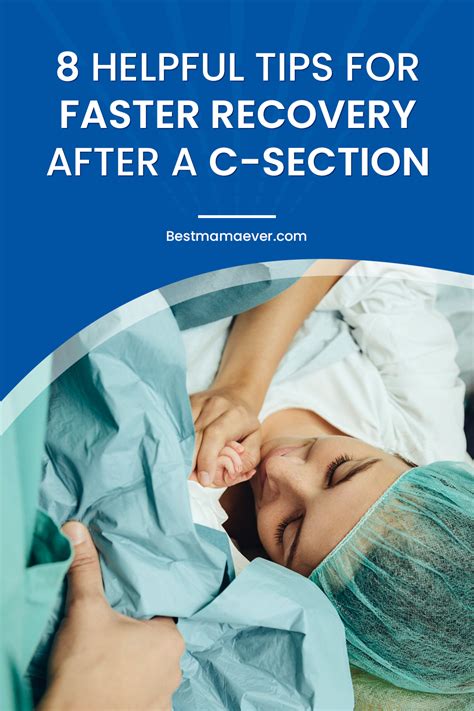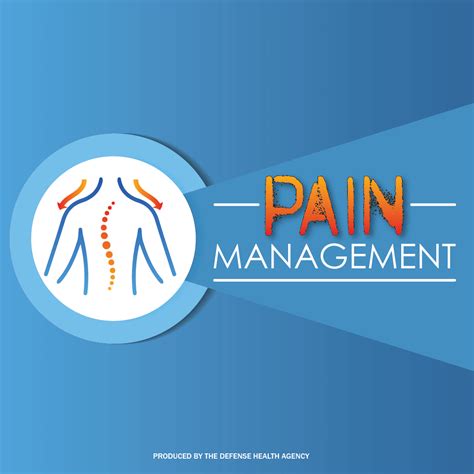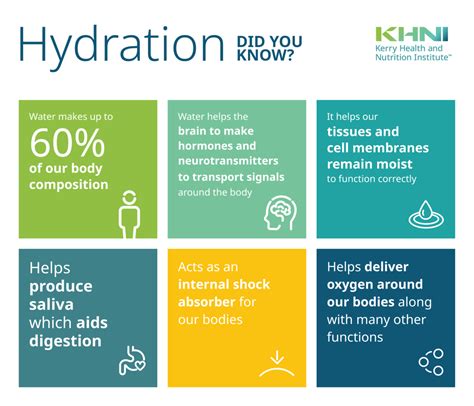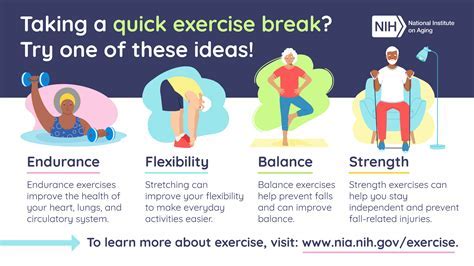Intro
Discover 7 essential tips for a smooth C-section recovery, including post-operative care, pain management, and emotional well-being to ensure a healthy healing process after cesarean delivery.
Recovering from a cesarean section, commonly referred to as a C-section, is a significant aspect of the postpartum journey for many women. The process involves not just physical healing but also emotional and psychological recovery. Understanding the best practices and tips for C-section recovery can greatly enhance the experience, making it smoother, less painful, and more manageable. Whether you're a first-time mom or have had a C-section before, knowing what to expect and how to navigate the recovery period is invaluable.
The importance of proper C-section recovery cannot be overstated. It's a time when the body is not only healing from major surgery but also adapting to the significant changes that come with having a new baby. The physical demands of caring for a newborn, coupled with the emotional adjustments of parenthood, can be overwhelming. Therefore, having a comprehensive understanding of how to recover effectively is crucial for both new mothers and their families.
C-section recovery involves a multitude of factors, including pain management, wound care, dietary adjustments, and emotional support. Each of these aspects plays a critical role in ensuring that the recovery process is as comfortable and efficient as possible. Moreover, being aware of the potential complications and knowing when to seek medical help can prevent more serious issues from arising. By focusing on these key areas, women can better navigate the challenges of C-section recovery and set themselves up for a healthier, happier postpartum experience.
Understanding the C-Section Recovery Process

The C-section recovery process begins immediately after the surgery, with the initial focus on ensuring the mother and baby are healthy and stable. This period involves close monitoring by healthcare professionals, pain management, and the initiation of breastfeeding if desired. As the days progress, the emphasis shifts towards wound healing, managing postoperative pain, and gradually increasing physical activity. Understanding the stages of recovery and what to expect at each juncture can help alleviate anxiety and make the process feel more manageable.
Immediate Post-Surgery Care
In the immediate aftermath of a C-section, women are typically taken to a recovery room where they are monitored for several hours. This period is critical for ensuring that both the mother and the baby are recovering well from the surgery. Healthcare providers will check for any signs of complications, such as excessive bleeding or infection, and will also begin pain management protocols. For many women, this initial recovery period is a time of significant physical discomfort, and effective pain management is key to making the experience more bearable.Pain Management Strategies

Effective pain management is a cornerstone of C-section recovery. The strategies for managing pain can vary widely among individuals, and what works for one person may not work for another. Common approaches include the use of prescription pain medications, over-the-counter pain relievers, and alternative therapies such as acupuncture or massage. In some cases, healthcare providers may also recommend the use of a transcutaneous electrical nerve stimulation (TENS) unit or other non-pharmacological interventions. The goal of pain management is not only to reduce discomfort but also to enable women to participate fully in their recovery, including caring for their newborn and engaging in necessary physical activities.
Importance of Rest and Relaxation
Rest and relaxation are essential components of the C-section recovery process. In the weeks following surgery, it's crucial for women to prioritize their physical and emotional well-being, avoiding heavy lifting, bending, and strenuous activities. Getting plenty of rest can help the body heal faster, reduce the risk of complications, and improve overall mental health. This period is also an opportunity for new mothers to bond with their babies, establish breastfeeding routines, and seek support from family and friends.Nutrition and Hydration

Proper nutrition and hydration are vital for C-section recovery, supporting the healing process, and ensuring that new mothers have the energy they need to care for their babies. A balanced diet rich in fruits, vegetables, whole grains, and lean proteins can help promote wound healing, reduce the risk of infection, and support overall health. Additionally, staying well-hydrated is essential for preventing constipation, a common issue post-surgery, and for aiding in the recovery process.
Emotional Support and Mental Health
The emotional and psychological aspects of C-section recovery should not be underestimated. The postpartum period can be a time of significant emotional adjustment, with many women experiencing feelings of sadness, anxiety, or overwhelm. Having a strong support system in place, including partners, family, friends, and healthcare providers, can make a significant difference in navigating these challenges. For some women, seeking professional help from a therapist or counselor may also be beneficial in addressing postpartum depression or anxiety.Returning to Physical Activity

Gradually returning to physical activity is an important part of the C-section recovery process. While it's essential to avoid strenuous activities in the initial weeks, gentle exercises such as walking or pelvic floor exercises can help promote healing, improve mood, and reduce the risk of complications. As women progress in their recovery, they can slowly introduce more intense physical activities, always listening to their bodies and avoiding any actions that cause discomfort or pain.
Follow-Up Care and Check-Ups
Follow-up care and check-ups with healthcare providers are critical for ensuring that the C-section recovery is progressing as expected. These appointments provide opportunities for women to address any concerns, receive guidance on wound care and pain management, and undergo examinations to check for any signs of complications. They also serve as a chance for new mothers to discuss any emotional or psychological challenges they are facing, receiving support and referrals to additional resources as needed.Conclusion and Next Steps

In conclusion, recovering from a C-section is a multifaceted process that requires attention to physical healing, emotional well-being, and practical considerations such as pain management and returning to physical activity. By understanding the key aspects of C-section recovery and taking proactive steps to support their health and well-being, women can navigate this significant life event with greater ease and confidence. Whether through seeking support from loved ones, prioritizing self-care, or staying informed about the recovery process, new mothers can set themselves up for a successful and fulfilling postpartum experience.
As you continue on your journey of recovery and parenthood, remember that it's okay to ask for help and that seeking support is a sign of strength, not weakness. By embracing this mindset and staying committed to your health and well-being, you can thrive in the postpartum period and beyond.
What are the most common complications of C-section recovery?
+Common complications include infection, excessive bleeding, and reactions to anesthesia. It's essential to monitor your health closely and seek medical help if you experience any unusual symptoms.
How long does it typically take to recover from a C-section?
+The recovery time can vary, but most women can expect to feel significantly better within 6-8 weeks. However, it may take up to 6 months for the body to fully heal.
Can I breastfeed after a C-section?
+Yes, breastfeeding is possible and recommended after a C-section. It may take a bit longer for milk to come in, but with the right support and positioning, many women are able to successfully breastfeed.
We hope this comprehensive guide to C-section recovery has been informative and helpful. Remember, every woman's experience is unique, and it's essential to prioritize your specific needs and health throughout the recovery process. If you have any further questions or concerns, don't hesitate to reach out to your healthcare provider. Sharing your experiences and insights with others can also provide valuable support and community during this significant life event.
